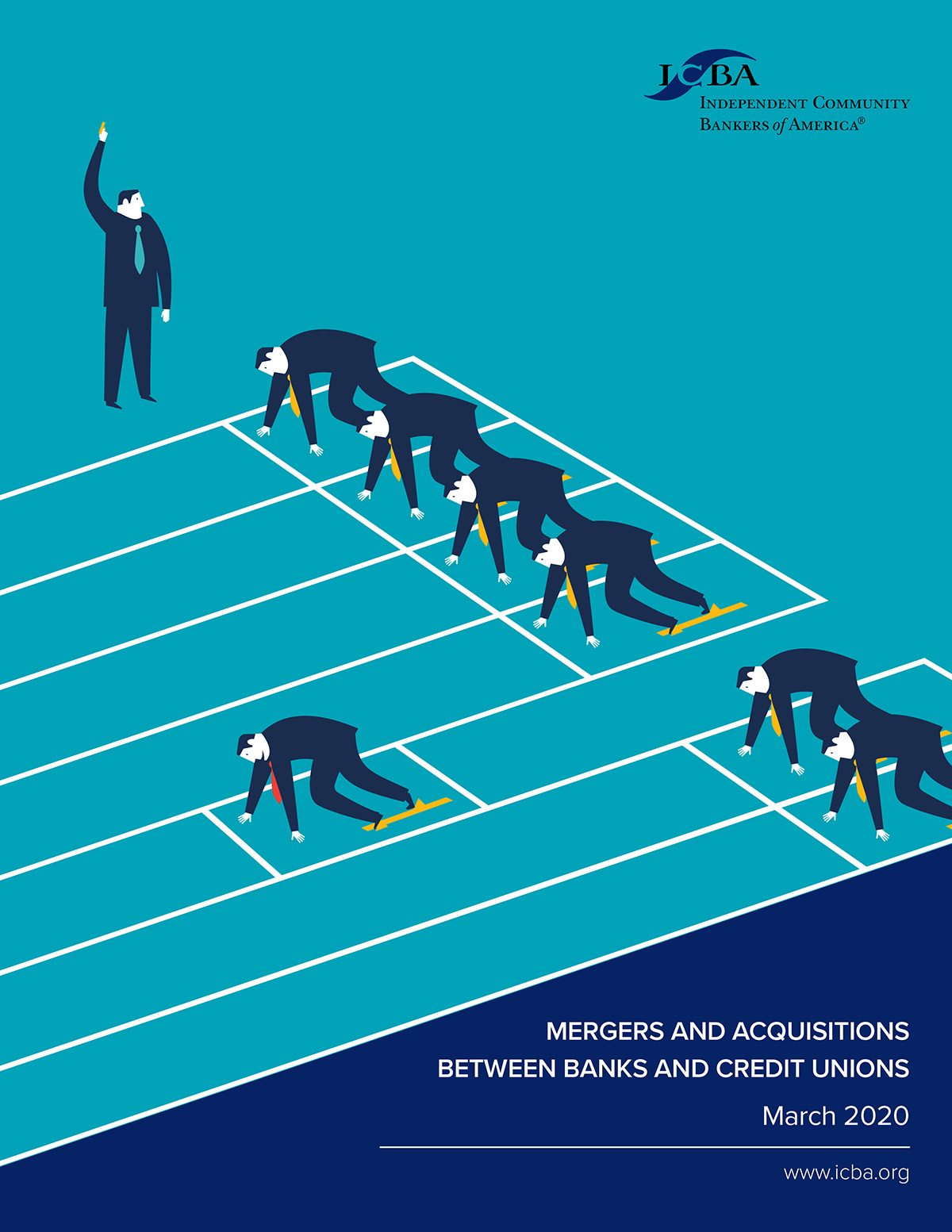When autocomplete results are available use up and down arrows to review and enter to select.


Credit unions have fallen short in fulfilling the terms of their original mandate, which once warranted a lucrative tax subsidy. This sentiment is felt by many individuals and organizations across the financial services industry but has failed to reach Washington policymakers in the form of equitable policy resolutions that persuade credit unions to return to their governing principles.
Credit unions were not intended to act as an alternative to banks but to complement their activities through offering safe and subsidized financial services to a specific clientele of financially underserved individuals.
Instead, credit unions have deviated from this mandate by competing for the same customers as regular for-profit banks at the expense of these vulnerable communities while engaging in high-risk operating practices that have etched away at their once distinctive niche in the world of financial services.
If credit unions cannot abide by their original mandate deserving of a tax subsidy, then taxpayers are financing an unequal playing field that leaves behind the financially underserved, cheats federal and state tax authorities, and unfairly disadvantages legitimate for-profit institutions like community banks.